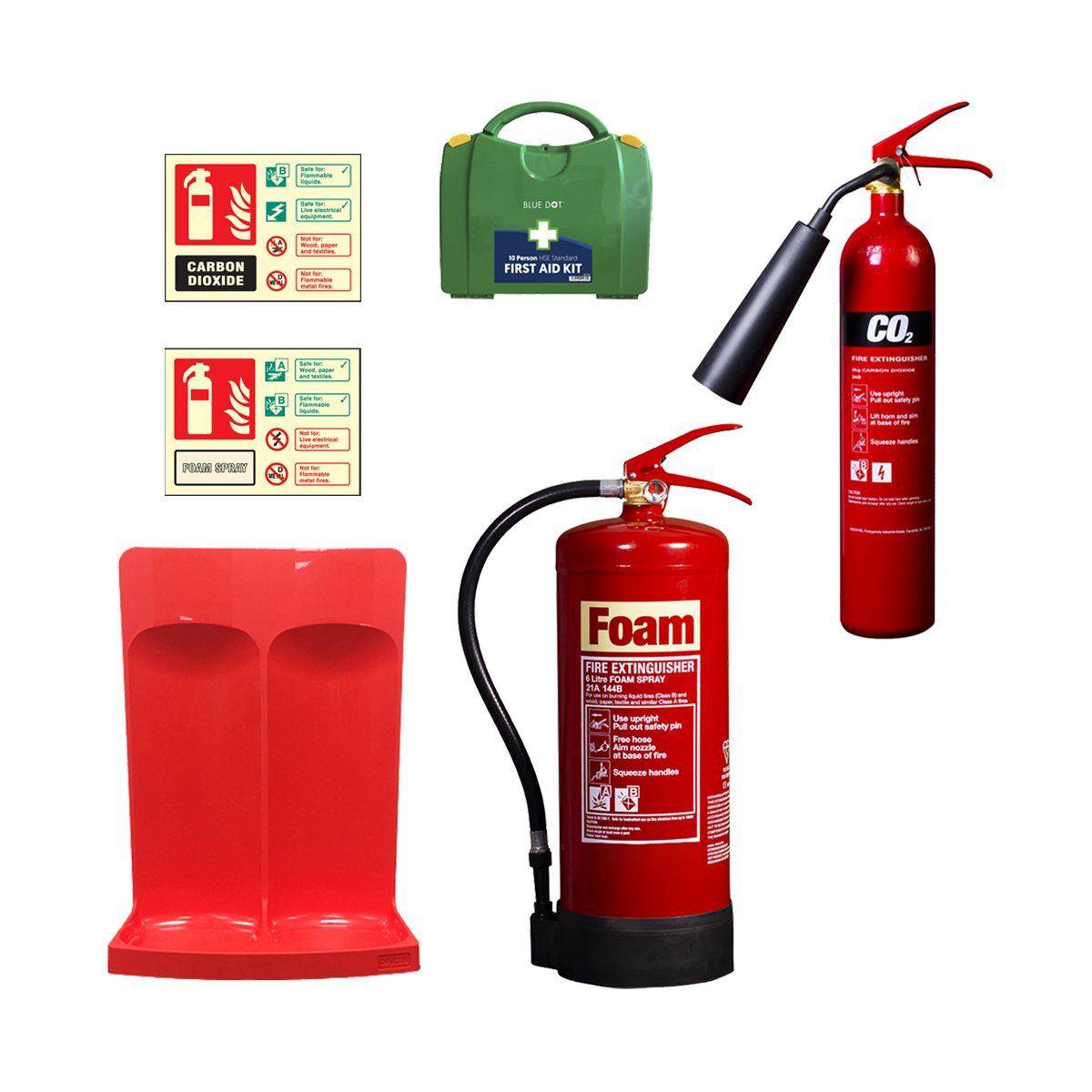Office Fire Safety: Training Explained
Office Fire Safety: Training Explained
Blog Article
Fire safety is a critical concern for any business operating in the United States.
This article explores how American companies can strengthen fire safety through effective safety renewals.
By the end, you’ll have a practical roadmap for ensuring your office meets the highest fire safety standards and safeguards your most valuable assets: your people.
The Importance of Workplace Fire Safety
Fires can happen anywhere, and offices are no exception.
Companies that prioritize fire prevention demonstrate responsibility, enhance employee trust, and maintain business continuity.
In the US, workplace fire safety is regulated by a mix of national standards (like NFPA guidelines) and local fire codes.
Understanding Fire Warden (Brigade) Training Requirements
This training is essential for ensuring that offices can respond quickly and safely if a fire breaks out.
Employers are responsible for selecting suitable fire wardens and ensuring they receive regular training updates.
Well-trained fire wardens not only enhance safety but also help organizations pass compliance inspections, reducing legal and insurance risks.
Steps to Pass Fire Safety Inspections
These certifications confirm that the office has adequate fire alarms, extinguishers, evacuation plans, signage, and trained personnel in place.
Review your emergency action plan, ensuring it’s accessible and clearly communicated to all staff members.
Keep detailed maintenance records, update training logs, and perform regular fire drills to stay prepared.

Ongoing Strategies for Workplace Fire Prevention
Fire safety isn’t just about passing inspections—it’s about maintaining vigilance every day.
Post updated evacuation maps in visible locations, especially near elevators, stairwells, and communal areas.
Host periodic refresher trainings, conduct surprise fire drills, and encourage team leaders to review emergency plans during staff meetings.
Why Compliance Matters for Liability and Coverage
Beyond regulatory penalties, companies may face reputational damage, employee distrust, and operational disruptions.
Many commercial insurance policies require proof of current fire safety certifications, maintenance logs, and training records.
By prioritizing fire safety, businesses demonstrate responsibility and reduce the risks of costly legal and financial setbacks.

Conclusion: Building a Fire-Safe Workplace
US companies that take fire safety seriously strengthen their resilience, enhance employee confidence, and minimize operational risks.
They not only meet legal obligations but also build trust with employees, clients, and insurers.
Keep your team informed, your equipment updated, and your plans reviewed regularly.
Common Questions on Workplace Fire Prevention
Who needs fire warden training in a US office?
Typically, designated employees such as team leads, managers, or safety officers receive fire warden training.
How often should fire safety certifications be renewed?
Regular internal reviews help ensure continuous compliance and smooth renewal processes.
What are common causes of office fires?
Routine inspections and employee awareness help prevent these hazards.
Can non-compliance void my business insurance?
Insurance companies often require proof of fire safety compliance, including certifications, equipment maintenance, and training records.
How do I write an effective workplace fire plan?
Drills and refresher training help keep the plan effective and actionable.
quem precisa de brigada de incêndio Report this page